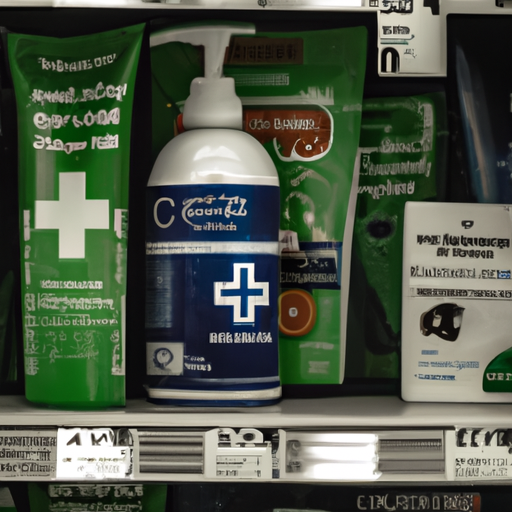Addressing the Underground Sale of Opioid-Contained Health Products in Canada
As Canada grapples with the devastating impacts of the opioid crisis, a recent event outlined in an article on CTV News BC brings forth concerning facts about the unauthorized sale of opioid-contaminated health products. These events serve as a stark reminder of the gravity of the crisis at hand, prompting a renewed call for unrelenting action and substantial reforms.
Opioids in Over-the-counter Products: A Looming Threat?
The article reports an instance where a cold remedy available at a British Columbia store was found to contain opioids – a disturbing revelation that underscores the very crux of the opioid epidemic. The presence of opioids in ordinary, everyday goods could potentially worsen an already dangerous situation, leading to increased cases of opioid misuse and addiction.
The Opioid Crisis in Canada: A Brief Overview
The opioid crisis in Canada is a serious public health issue, largely characterized by an alarming increase in opioid-related harm, such as overdose and dependence. Opioids, including prescription medications, and illegal drugs are implicated. Particularly worrisome is the correlation between rising opioid use and socio-economic issues, such as homelessness and crime.
- Homelessness: The ties between opioid use and homelessness are bidirectional. Chronic homelessness can lead to opioid misuse, and opioid addiction often results in homelessness.
- Crime: In areas heavily affected by the opioid crisis, an increase in crime rates has been observed, as individuals struggling with addiction may resort to illegal activities.
Efforts to Combat the Opioid Crisis
Addressing the opioid crisis necessitates a concerted, multi-pronged approach involving robust policy-making, healthcare reforms, and community-level interventions.
Regulation and Enforcement of Pharmaceutical Products
The case above highlights the critical need for stronger regulations and monitoring mechanisms for pharmaceuticals. The Health Canada recall of potentially hazardous products marks one measure but efforts must be intensified.
- Strict regulations: Forged, unauthorized, or unsafe health products containing opioids must be identified and swiftly removed from circulation.
- Ongoing surveillance: Regular inspections of pharmacies, businesses, and online platforms selling health products must be conducted to prevent the unregulated distribution of such items.
Naloxone and Overdose Prevention
Naloxone has proven pivotal in managing opioid overdoses. This life-saving medication, which rapidly reverses opioid overdose, is an important tool in harm reduction. Broadening its availability is crucial.
Opioid Class Action: Seeking Justice and Accountability
Several Canadian provinces are currently engaged in a class action lawsuit against opioid manufacturers and distributors. The opioid class action seeks to hold these entities accountable for their roles in the opioid crisis, using funds recovered for more responsive public health initiatives.
In conclusion, the opioid crisis in Canada is a multifaceted issue, requiring tireless commitment and action. The discovery of opioids in everyday products brings a new dimension to the crisis. It necessitates intensified vigilance and regulation, more accessible overdose prevention measures like naloxone, and legal action to hold those contributing to the crisis accountable. The road to resolution may be long, yet, with steady effort and dedication, there is hope for a turn around.
